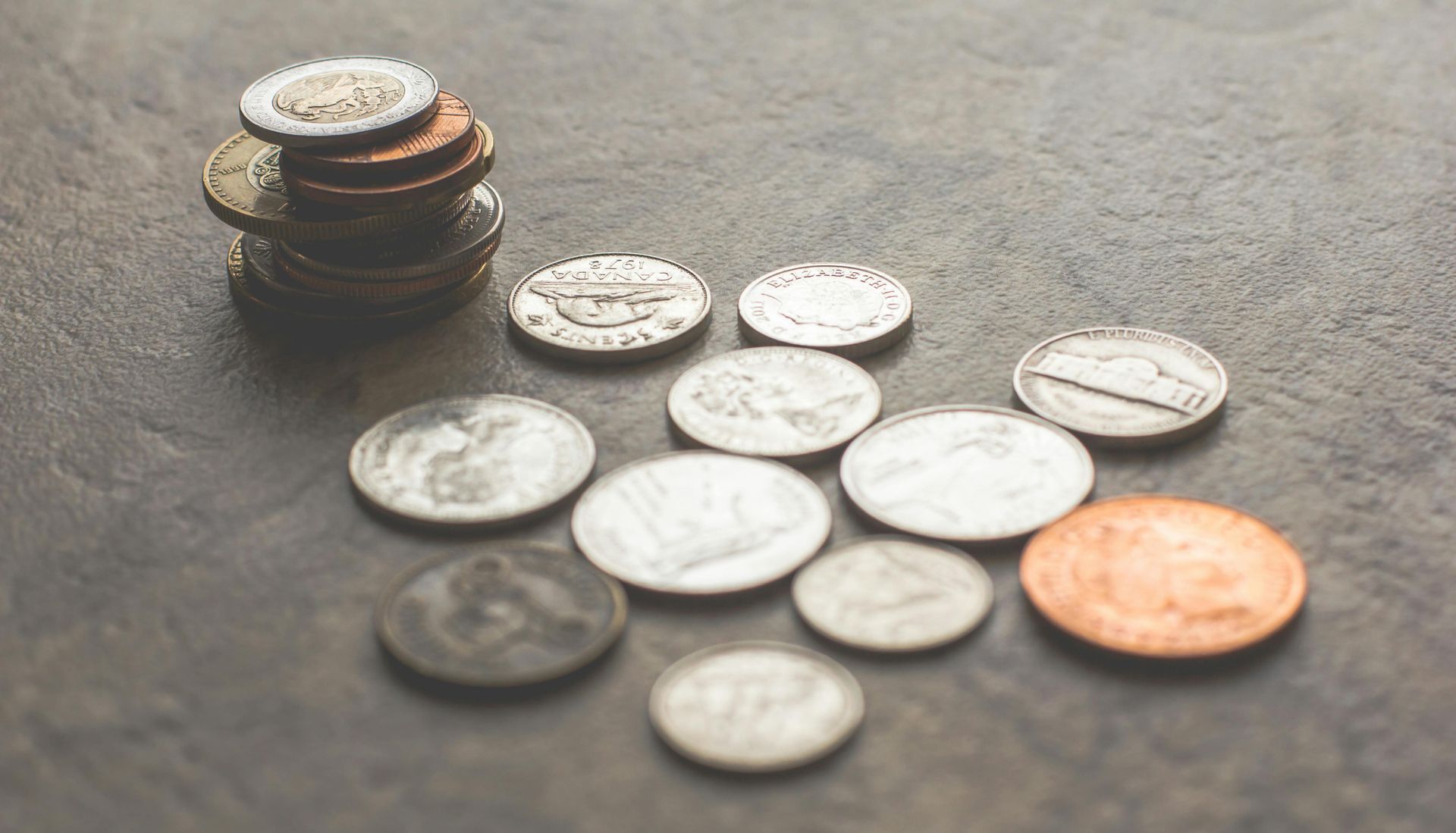Contact Us
Phone: 856-281-2431
Location
427 North Packard Street
Hammonton, NJ, 08037
Hours
- Mon - Fri
- Open 24 Hours
- Sat - Sun
- Closed
Schedule a Case Evaluation
Contact us now!
Hours
- Mon - Fri
- -
- Sat - Sun
- Closed
Disclaimer: We are a federally designated debt relief agency. We help people file for relief under the United States Bankruptcy Code. We are a federally designated debt relief agency. We help people file for relief under the United States Bankruptcy Code. Before making your choice of attorney, you should give this matter careful thought. The selection of an attorney is an important decision. If this information is inaccurate or misleading, report same to the Committee on Attorney Advertising, Hughes Justice Complex, P.O. Box 037, Trenton, New Jersey 08625.
The information on this website is for general information purposes only. Nothing on this site should be taken as legal advice for any individual case or situation. This information is not intended to create, and receipt or viewing does not constitute an attorney-client relationship.
All Rights Reserved | Carroll Law Firm, P.C | Powered By Convert It Marketing | Privacy Policy
All Rights Reserved | Carroll Law Firm, P.C | Powered By Convert It Marketing | Privacy Policy









